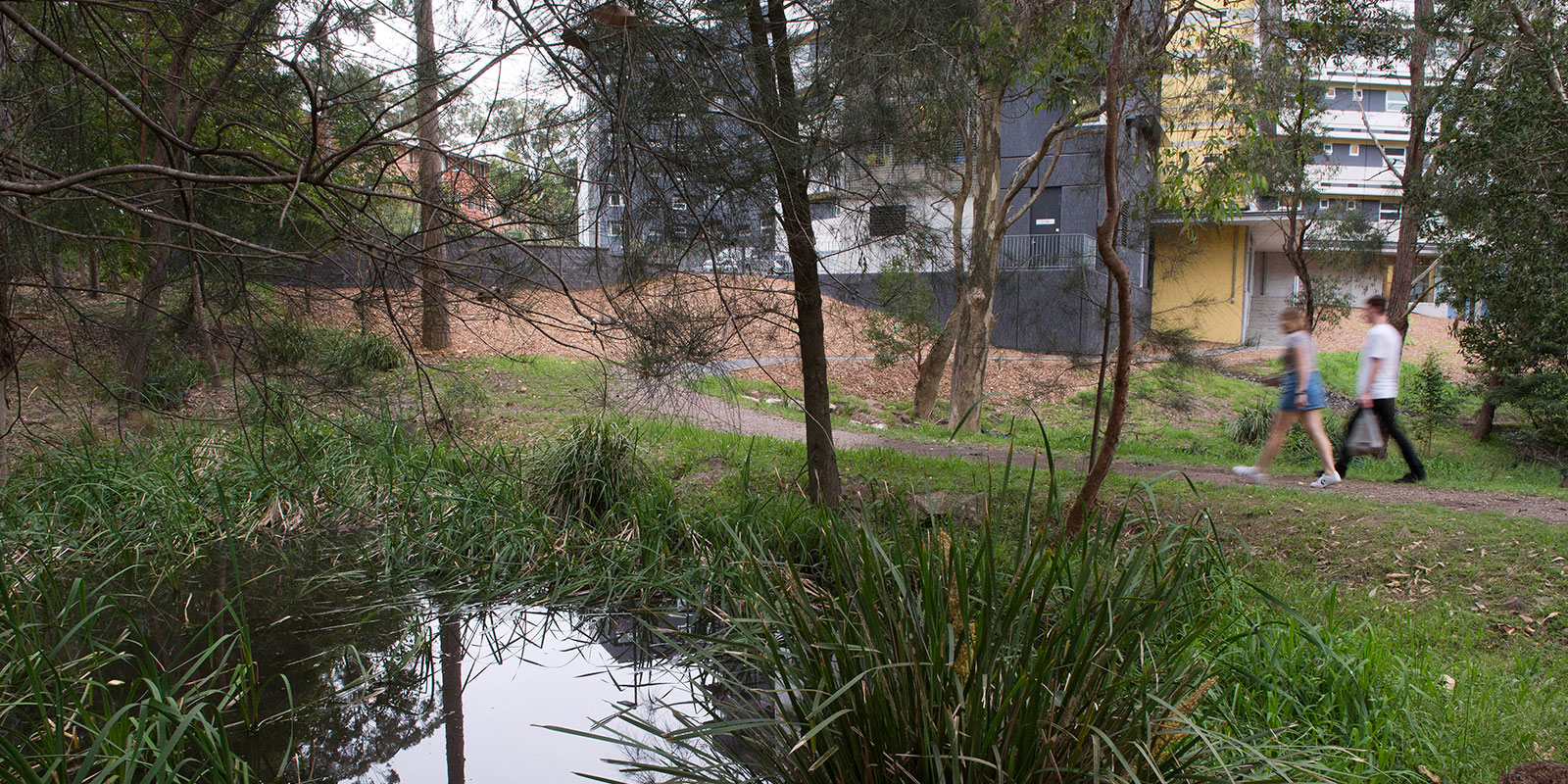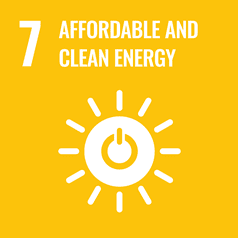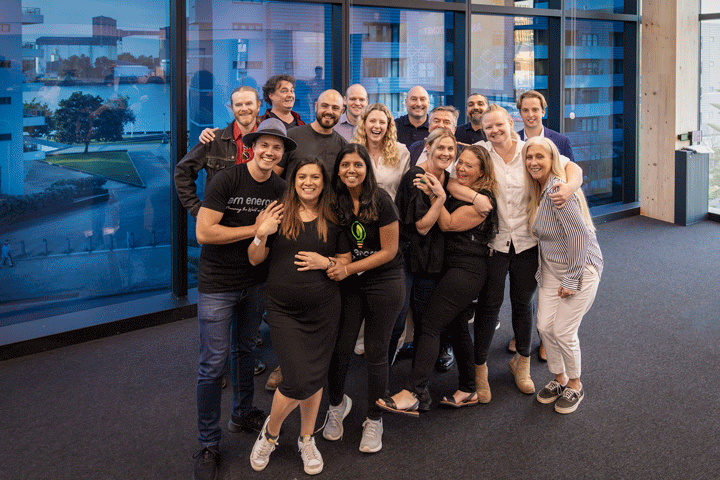

Goal 7:
Affordable and Clean Energy
Assistance to Low-Carbon Innovation
In 2024, the University of Newcastle supported start-ups that advanced low-carbon technologies and contributed to a more sustainable, circular economy.
2024 University Assistance for Low‑Carbon Start‑ups
- I2N Accelerator (All‑Industries & Cleantech cohort)
- In 2024, the University ran its I2N Accelerator program with a Cleantech focus alongside general industry/impact startups.
- Startups in this cohort include EM Energy (developing green hydrogen from biomass), Facet Amtech (clean ammonia catalyst tech), Wild Yeast Zoo (biofuels, etc.), and Cloud Grow (green infrastructure with water / sensor tech) among others.
- These startups are supported through mentoring, coaching, investment readiness, and connections to infrastructure and resources via University‑backed networks.
- TRaCE R&D Voucher Program
- The University of Newcastle, via TRaCE, offers R&D vouchers to SMEs / start‑ups / industry in clean energy, recycling, green fuels, etc. These vouchers help co‑fund early‑stage R&D to de‑risk projects.
- One example is EM Energy, which used a TRaCE R&D voucher to validate and scale up its Organic Hydrogen Electrolyser Cell (OHEC) technology.
- New Research‑to‑Industry Facilities
- As part of the TRaCE initiative, in 2024 the University opened two new industry‑ready facilities at the Callaghan Campus: Modern Manufacturing Workshop and Advanced Prototyping Facility. These provide infrastructure for prototyping, testing, and scaling low‑carbon / recycling / clean energy technologies.
- Funding for Local Clean Tech Innovation
- The University secured $438,375 in funding from the NSW Government to boost cleantech innovation in the Hunter region via its Hunter Cleantech Accelerator. This funding supports local clean tech start‑ups to bring their products to market.
- “Fuel Your Start‑Up” via I2N for Alumni & Entrepreneurs
- In 2024, the Fuel Your Start‑Up program through I2N supports University alumni and innovators to build enterprise skills, validate ideas, and become investment‑ready, especially for ventures that involve clean energy, circular economy, and sustainability technologies.
These collaborations are part of the University's broader commitment to fostering clean-tech entrepreneurship through programs. Through these initiatives, we continue to empower the next generation of climate-focused entrepreneurs and enable the commercialisation of research that directly supports the development of a low-carbon economy.

The University of Newcastle acknowledges the traditional custodians of the lands within our footprint areas: Awabakal, Darkinjung, Biripai, Worimi, Wonnarua, and Eora Nations. We also pay respect to the wisdom of our Elders past and present.